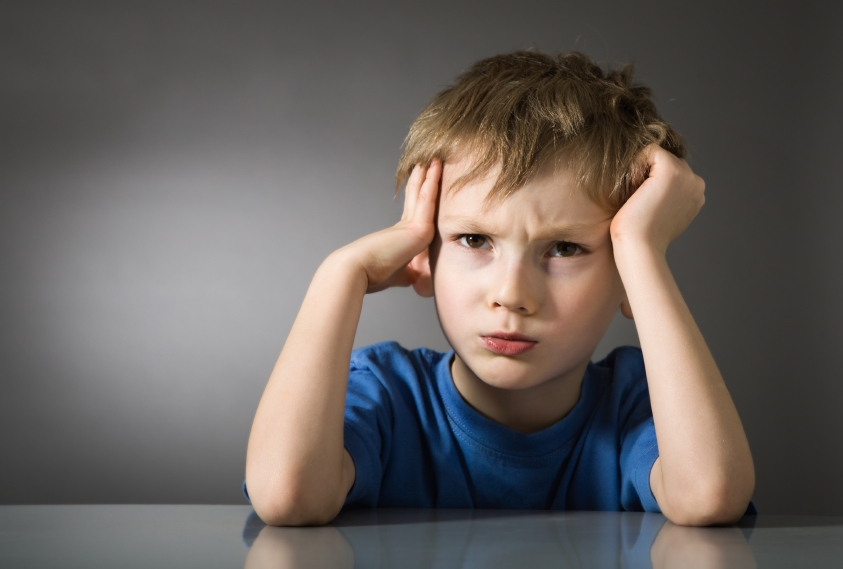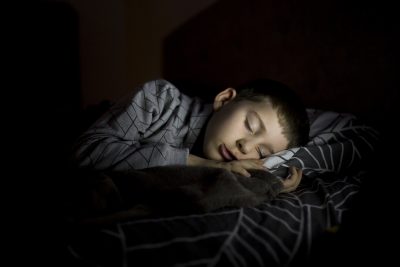“I really need to start exercising,” I think as I sit helping myself to my daughter’s leftover holiday candy. I know that increased exercise and eating better help me feel healthier and lose weight, but fitting this in my already busy working-mom schedule is daunting. And I don’t particularly enjoy getting sweaty either. I just wish there was an easier, faster way to lose weight….and of course tons of money is spent on selling me just that.
 When you are a parent of a child or teen who is having problems focusing his/her attention, getting along with peers, or acting out at home, it is very overwhelming. And figuring out what to do next is not any easier. Do a search online, and you will find many options and even more contradictory information. All parents want what is best for their children, and most of us don’t want spend our limited time and money on treatments that won’t work. So here are some guidelines—and resources—to help you be a savvy shopper of psychosocial treatments to help improve your child’s attention, behavior and/or mood.
When you are a parent of a child or teen who is having problems focusing his/her attention, getting along with peers, or acting out at home, it is very overwhelming. And figuring out what to do next is not any easier. Do a search online, and you will find many options and even more contradictory information. All parents want what is best for their children, and most of us don’t want spend our limited time and money on treatments that won’t work. So here are some guidelines—and resources—to help you be a savvy shopper of psychosocial treatments to help improve your child’s attention, behavior and/or mood.
1. Reading Labels:
Reading labels is a good way to know exactly what we are eating so we can make educated decisions. There ARE labels for different types of psychotherapy, but most people don’t know how to read them. If you want to start with a therapy that is “proven to be effective,” or “tried and true” for a particular type of problem, find out if it is “evidence based.” This means a significant number of studies published in scientific journals (which are reviewed by experts in that area) indicate that this type of treatment works better than a placebo. Placebos, also known as sugar pills, can often make us feel better just because we strongly believe that they will help us. Testimonials are very compelling, but no one (especially insurance companies) wants to waste a lot of time and money on a sugar pill if there are more effective options available. Below are links to sites that list the types of therapy currently judged to be “evidence-based” for specific types of childhood problems. Of course, this list will change over time, as treatments that are currently experimental are proven or disproven to be effective.
http://www.effectivechildtherapy.com/
http://helpyourkeiki.com/treatments-that-work/
2. Where Quality Products are Sold:
So, how do you know where to find these “treatments that work?” Asking your child’s physician for referrals is always a good idea, but it’s not always that easy, especially if you are not familiar with how the mental health system works. The link below is a great step-by-step guide to finding help for your child.
http://wuchild.wustl.edu/PatientCare/MissouriChildMentalHealthSystem
3. Shopping around:
Even if you think you know what your child’s problem is and what kind of treatment they need, few of us have the time or energy to make a lot of calls to determine if a provider is affordable and the right match for their child–especially when you need help NOW. So this is why the parent educators at 454-TEEN (314-454-8336) are available to help parents determine what kind of help their child or teenager likely needs and to give them some specific referrals that may be a good match for them.
Of course, additional information about parenting, child development, and specific medical and psychological disorders is also available by contacting the St. Louis Children’s Hospital Family Resource Center [email protected] or 314-454-2350. I think I will take a walk over there right now J





Comments